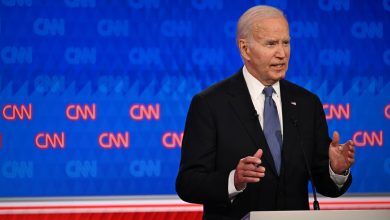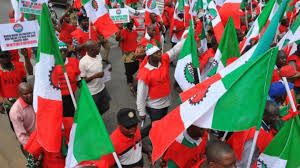Burkina Faso Leader Accuses Côte d’Ivoire Of Welcoming ‘Destabilisers’

The head of Burkina Faso’s military regime, Ibrahim Traore, accused Côte d’Ivoire on Friday of welcoming “all the destabilisers” of his country, adding there was a “problem with the authorities” in Abidjan.
Ties between the two countries have been rocky of late, and on April 19 their ministers of defence held a meeting on the border in a bid to bring about a “new start” in relations.
Referring to Côte d’Ivoire in an interview with nesmen Traore said: “All the destabilisers are there and they aren’t hiding”.
“At some point, we have to stop the hypocrisy and tell the truth there’s a problem with the authorities of this country,” he added.
Traore’s government took power in a 2022 coup and has since distanced itself from former colonial ruler France in favour of closer ties with other military regimes in the region, as well as Russia.
Speaking about Ivorian President Alassane Ouattara, Traore said he had no “special contacts” with him.
“At first we spoke a little on the telephone, he sent me emissaries, we discussed — we were hoping things went ahead with common sense,” he continued, adding “that is broken” now.
Of the border meeting between the two defence chiefs, Traore said that “the ball is in their court”, adding it “went well”.
“We had frank exchanges. We’re looking at them now,” he said.
Relations between Côte d’Ivoire and Burkina Faso — which has been plagued by violence from jihadist groups have been punctuated by incidents of friction.
At the end of March, a Burkinabe soldier and a civilian official were arrested in the north of Côte d’Ivoire.
And last September, two Ivorian police officers were arrested in Burkinabe territory at an illegal gold mining site.
Negotiations are still ongoing regarding the release of Ivorians and Burkinabe held in the two countries.
On Thursday, Burkina Faso’s communications authority blocked local internet access to the BBC and Voice of America for two weeks after they aired a rights report accusing the army of attacks on civilians in its battle against jihadists.





